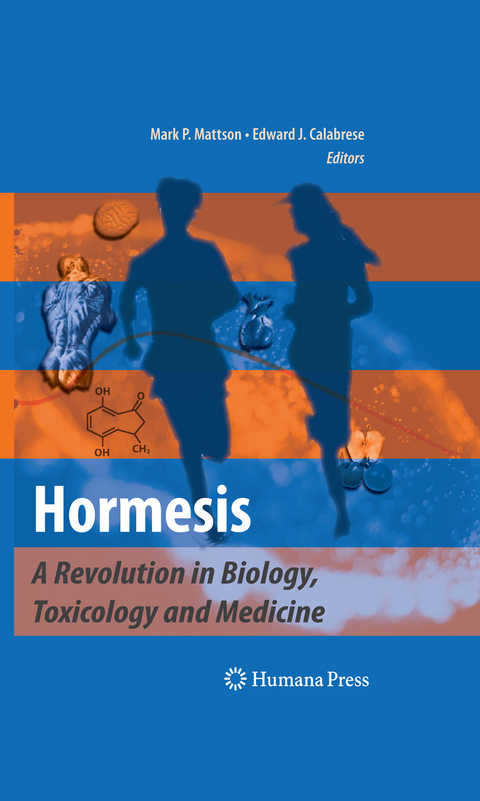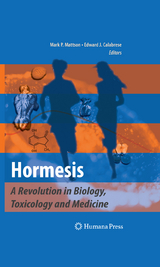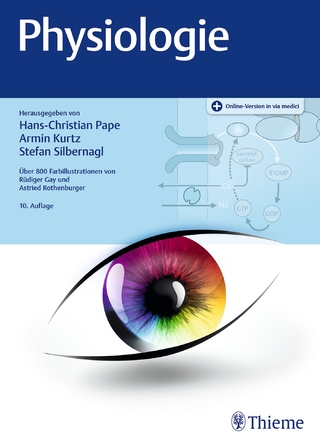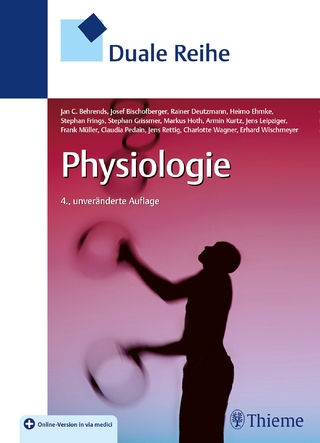Hormesis
Humana Press Inc. (Verlag)
978-1-60761-494-4 (ISBN)
The term hormesis is de?ned as "a process in which exposure to a low dose of a chemical agent or environmental factor that is damaging at higher doses induces an adaptive bene?cial effect on the cell or organism" (Calabrese et al., 2007; Mattson, 2008). To survive and reproduce in harsh competitive environments, organisms and their cellular components have, through evolution, developed molecular mec- nisms to respond adaptively to various hazards or "stressors" that they encounter. Examples of such stressors include chemicals ingested in food and water (metals, phytochemicals, etc.), increased energy expenditure (running, ?ghting, cognitive challenges, etc.), and reduced energy availability (food scarcity), among others. In most cases, the response of the cell or organism to the stressor exhibits a biphasic dose response, with bene?cial/adaptive responses at low doses (improved fu- tion, increased resistance to damage and disease) and adverse/destructive effects (dysfunction, molecular damage, or even death) at high doses.
The prevalence of the biphasic (hormetic) dose response characteristic of biological systems merits consideration of hormesis as a fundamental principle of biology.
Mark P. Mattson, Ph.D. is Chief of the Laboratory of Neurosciences at the National Institute on Aging in Baltimore, where he leads a multi-faceted research team that applies cutting-edge technologies in research aimed at understanding molecular and cellular mechanisms of brain aging and the pathogenesis of neurodegenerative disorders. He is also a Professor in the Department of Neuroscience at Johns Hopkins University School of Medicine. He has published more than 450 original research articles and numerous review articles, and has edited 10 books in the areas of mechanisms of aging and neurodegenerative disorders. Dr. Mattson has trained more than 60 postdoctoral and predoctoral students who have contributed to his being the most highly cited neuroscientist in the world. Edward J. Calabrese, Ph.D. is a Professor and Program Director of Environmental Health Science, at the University of Massachusetts in Amherst. His research focuses on environmental toxicology with an emphasis on biological factors including genetic and nutritional factors that enhance susceptibility to pollutant toxicity and the environmental implications of toxicological hormesis. Dr. Calabrese has researched extensively in the area of host factors affecting susceptibility to pollutants, and is the author of more than 300 papers in scholarly journals, as well as 24 books in the field of toxicology and environmental pollution. Dr. Calabrese has received numerous awards including, most recently, the prestigious Marie Curie Prize.
Hormesis: What it is and Why it Matters.- Hormesis: Once Marginalized, Evidence Now Supports Hormesis as the Most Fundamental Dose Response.- The Fundamental Role of Hormesis in Evolution.- Transcriptional Mediators of Cellular Hormesis.- The Devil is in the Dose: Complexity of Receptor Systems and Responses.- Exercise-Induced Hormesis.- Dietary Energy Intake, Hormesis, and Health.- Couch Potato: The Antithesis of Hormesis.- Hormesis and Aging.- The Hormetic Pharmacy: The Future of Natural Products and Man-Made Drugs in Disease Prevention and Treatment.
| Erscheint lt. Verlag | 18.11.2009 |
|---|---|
| Zusatzinfo | XIV, 213 p. |
| Verlagsort | Totowa, NJ |
| Sprache | englisch |
| Maße | 160 x 240 mm |
| Themenwelt | Medizin / Pharmazie ► Medizinische Fachgebiete ► Pharmakologie / Pharmakotherapie |
| Medizin / Pharmazie ► Pharmazie | |
| Studium ► 1. Studienabschnitt (Vorklinik) ► Physiologie | |
| Naturwissenschaften ► Biologie ► Humanbiologie | |
| Naturwissenschaften ► Biologie ► Zoologie | |
| ISBN-10 | 1-60761-494-4 / 1607614944 |
| ISBN-13 | 978-1-60761-494-4 / 9781607614944 |
| Zustand | Neuware |
| Haben Sie eine Frage zum Produkt? |
aus dem Bereich




